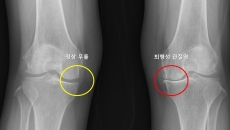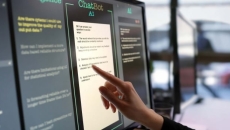Analytics
AI & ML Intelligence
Dr. Ronald Rodriguez of The University of Texas Health Science Center at San Antonio shows how medical education today can benefit from additional work in AI and discusses how his groundbreaking dual degree program may influence the industry.
Also, the South Korean government is exploring developing a new AI model to predict the efficacy of traditional Korean medicines.
Also, New Zealand's Healthline is introducing a new GP booking capability.
The model has demonstrated high accuracy in identifying causes and predicting the progression of brain and spinal cord infections.
Jakob Skaarup Nielsen of Healthcare Denmark says countries wishing to adopt AI tools must prioritize security, transparency and stakeholder cooperation to encourage patients to accept these new technologies.
Senior leaders feel pressure to evolve AI but cite a lack of internal resources to develop in-house AI tools.
Red Cell Partners will provide artificial intelligence products for rapid real-world testing by the university's Health AI Assurance Laboratory. UMass will also provide data for assurance testing and receive fee-based reimbursement for the lab's services.
Anne Osdoit, CEO of Moon Surgical, discusses the company’s Maestro surgical robotics system and how it supports surgeons during soft tissue procedures.
While 10 of the 28 companies in the 2025 NHS Innovation Accelerator cohort include AI in their tools, co-director Mindy Simon says the health system is primarily interested in useful applications that can connect to existing systems.
Developed with input from experts at 17 organizations, the open-source blueprint aims to establish a common set of expectations for what moves a healthcare organization from artificial intelligence experimentation to real-world integration.








